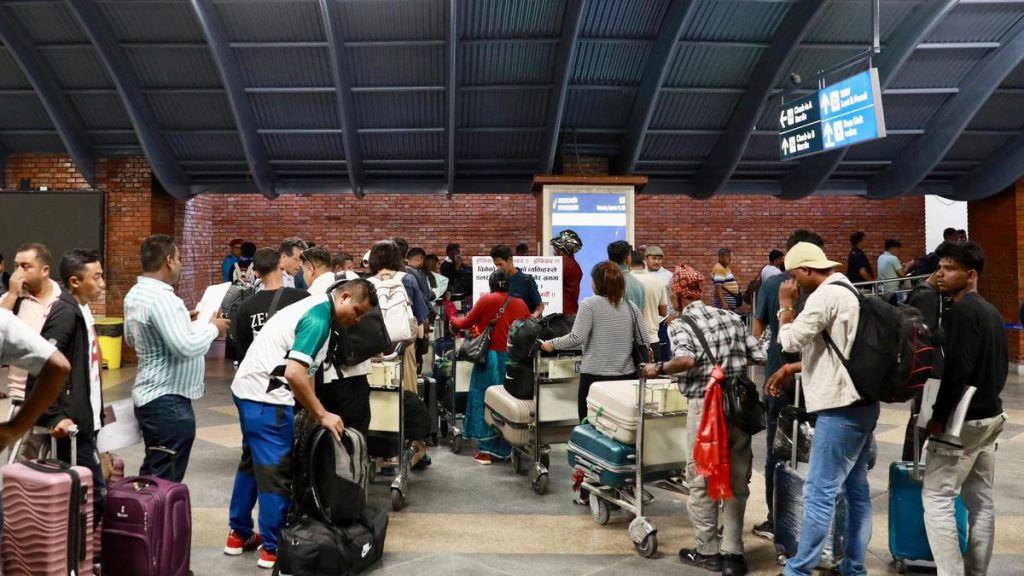Now Reading: T.N. Waqf Board Drops Objections in 252 Land Cases
-
01
T.N. Waqf Board Drops Objections in 252 Land Cases
T.N. Waqf Board Drops Objections in 252 Land Cases

Quick Summary:
- The Tamil Nadu Waqf Board has withdrawn objections to land registration in 252 cases across 24 districts, retaining objections in 20 cases related to pattas granted to Waqf institutions during settlements.
- A meeting on August 14 resolved that the lands in 252 cases do not fall under the Board’s supervisory control. Consequently, the Inspector General of Registration lifted the earlier ban on registration under Section 22 A (1) (iv) of the Registration Act, 1908.
- Sub registrars were informed officially that registrations in these survey numbers can proceed without restrictions.
- Previously, over 500 petitions had been submitted requesting No Objection Certificates for property registration connected to Waqf lands. Verification processes involving various registers and reports from District Collectors examined these pleas.
- In total, nine cases showed pattas granted under Waqf institution names; an additional eleven such grants were identified during inam settlement scrutiny-leading to objections being retained solely for these specific instances out of all reviewed petitions.
- The affected districts include Ariyalur, Chengalpattu, Coimbatore, Cuddalore and others as listed across Tamil Nadu.
Indian Opinion Analysis:
This decision by the Tamil Nadu Waqf board demonstrates a process-driven approach toward resolving disputes around land classifications linked with its oversight responsibilities.By lifting objections for land parcels where it has no supervisory claim while retaining control over those with legitimate pattas granted during settlement periods or classified as Waqf properties, this resolution provides clarity crucial for administrative efficiency and relief to petitioners waiting on approvals.
The withdrawal of restrictions may lower bureaucracy concerns surrounding private property registration tied indirectly or ambiguously with religious or institutional oversight issues-beneficial both economically and socially within impacted areas like Ariyalur and others statewide. Though, continued vigilance through official registers ensures legal protections remain intact for genuine Waqf-related claims amid potential misuse risks noted across India historically tied similar frameworks ensuring transparency strengthens Planning.Geo clarities forwards

























